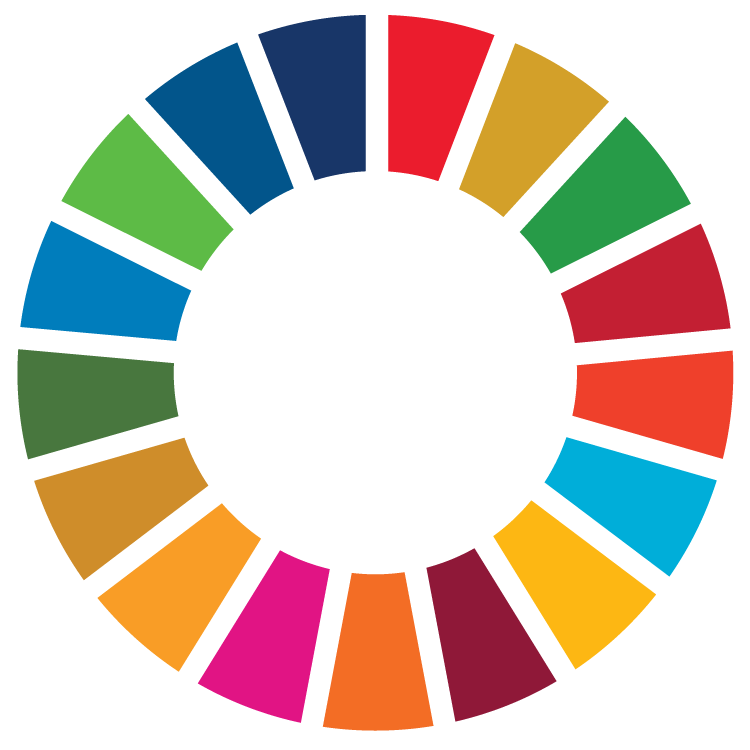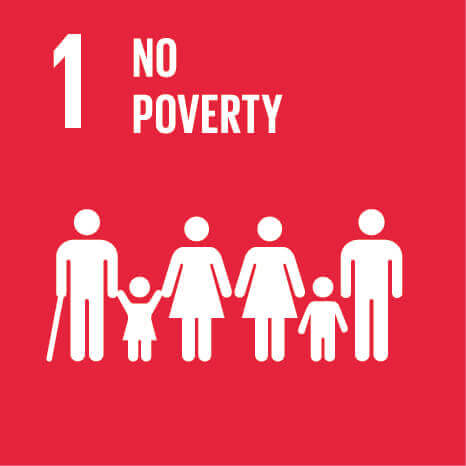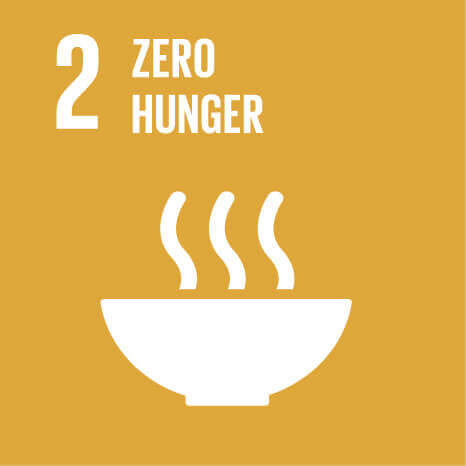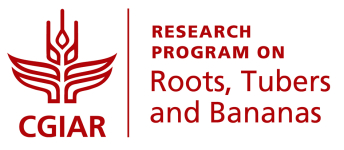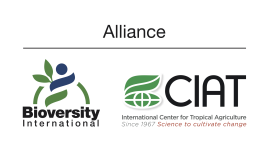3,000 Farmers globally can more easily assess the health status of their banana fields by downloading and using an Artificial intelligence powered smartphone app
Published on: March 20, 2021, Submitted by Guy Blomme on: March 16, 2021, Reporting year: 2020
A smartphone app [called Tumaini; meaning hope in Swahili] to detect banana diseases is freely available on Google Play Store. Over 3000 downloads [and counting] of the app have been made worldwide. Out-scaling is currently picking up steam, with banana R4D networks, and country NARS, Universities, and extension bodies being key.
Using the Tumaini AI-powered smartphone app
Banana crops are prone to damage by several types of pests and diseases. Once the pest or disease afflicting a crop is identified, swift and targeted action can reduce the extent of outbreaks and potentially save entire harvests.
CGIAR researchers at the Alliance of Bioversity International and CIAT have developed a digital tool to help farmers better protect their banana crop. The tool is a mobile application that merges expertise on banana genetic resources with artificial intelligence to quickly identify common afflictions that threaten bananas, allowing farmers and extension workers to act quickly and save their crops.
The smartphone app, called Tumaini – which means “hope” in Swahili – helps banana farmers scan plants for signs of five major diseases and one common pest. Farmers use the app to upload a photo of an affected crop, which is then scanned for symptoms of pests and diseases using image-recognition technology, drawing on a dataset of more than 50,000 images. Tumaini records the data, including geographic location, and feeds it into the database. The app then provides a diagnosis and recommends steps to address the affliction.
The Tumaini app has so far demonstrated a 90% success rate in detecting pests and diseases.
The novelty of Tumaini is that it can detect symptoms on any part of the crop – including the fruit, bunch, or plant – and can read low-quality images, even those containing background noise, like other plants or leaves, to maximize accuracy.
Tested in Colombia, the Democratic Republic of the Congo, India, Benin, China, and Uganda, the Tumaini app has so far demonstrated a 90% success rate in detecting pests and diseases.
Research on the app was published in 2019 in the journal Plant Methods and became one of the year’s most successful research papers for Bioversity International and CIAT. It also generated significant media attention and sparked inquiries from industry stakeholders regarding possibilities to expand the use of the app. To date, some 3,000 farmers are using the app in the field.
The Tumaini AI-powered app, which detects various diseases and a pest of banana, is freely available for download on Google Play Store since June 2019; since that time, the app has been downloaded over 3,000 times.
The app benefits researchers, extension staff, and farmers in disease-affected regions and especially in disease frontline zones where insufficient knowledge of disease is available. The app functions on and offline. Farmers in more remote regions with limited internet access could thus download the app when connected and be able to use the app in regions with limited internet access.
Although downloads have been made across the globe, most users are from Asia. Various promotional activities have been used to reach farmers around the world. For example, in India, the Tumaini app was discussed and demonstrated on two famous radio and TV channels of Tamil Nadu in southern India where banana cultivation is omnipresent. These media events have boosted app downloads, while the organizers of the radio and TV presentations received numerous phone calls from farmers who wanted to know more about the app. Discussions are currently ongoing with the Tamil Nadu Agricultural University, the national research center for banana, and the Indian Council of Agricultural Research (ICAR) to reach numerous banana grower associations across India. In addition, the Tumaini app utility and functions are being promoted at farmer's exhibitions in Tamil Nadu, while in collaboration with Indian state agricultural universities, farmers and growers are being trained in the app use through agricultural college students in the framework of village stay programs. In parallel, efforts are being made to promote Tumaini through the regional banana networks in Africa (MusAfrica), Asia (Bapnet), and Latin America (MusaLac). Through the PROMUSA platform, we are hoping to reach nearly 900 banana researchers and stakeholders in 2021 when promoting Tumaini 2.0 with online and offline functions and increased detection accuracy. Discussions are also ongoing with several social enterprises and tissue culture labs from Africa and Asia to reach banana farmers and farmer associations.
Stage of Maturity and Sphere of influence
-
Stage of Maturity: Stage 1
-
Contributions in sphere of influence:
1.1.2 - Reduced production risk
Acknowledgement
We would like to thank the International Center for Tropical Agriculture (CIAT) IT unit for providing facilities and logistics support. Joe Tohme, Manabu Ishitani, and Wilmer Cuellar from CIAT for guidance and support to do the research. We would also like to acknowledge Milton Valencia, Jorge Casas, Maria Montoya, Crysthian Delgado, and Frank Montenegro for their help in image annotation and data collection. Thanks to Jules Ntamwira, Jean-Pierre Mafuta and Aman Omondi of Bioversity International, Africa and Deo Kantungeko of IITA, Burundifor their immense support to collect smartphone images. The farmers of Tamil Nadu Banana grower’s federation, Trichy, and planters of Tamil Nadu Hill Banana Growers Federation, Lower Palani Hills, Tamil Nadu India are also acknowledged for helping to collect data images.
